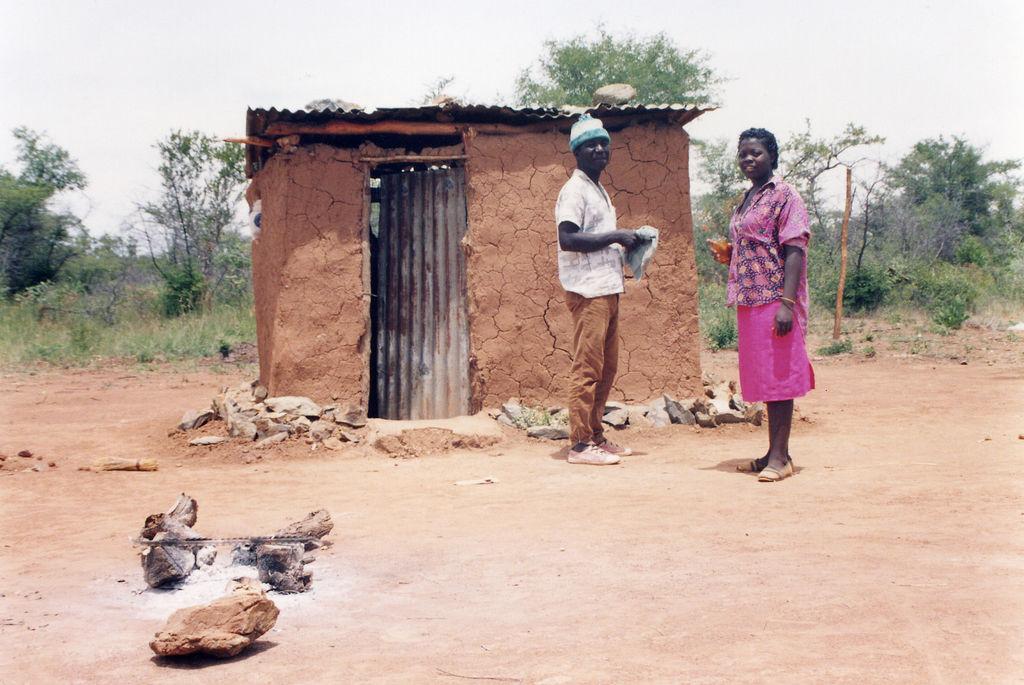Zimbabwe invests $ 3 million in mining exploration activities. Is this the right path towards development?
News

In an attempt to determine Zimbabwe’s mineral reserves, the Ministry of Mines and Mining Development has decided to transform the Minerals Marketing Corporation of Zimbabwe (MMCZ), a government owned minerals marketing entity, into an exploration company. The newly created Mineral Exploration Promotion Corporation (MEPC), which will be funded by mining revenues, aims at developing the mining sector. But will this contribute to develop the overall economy, and, more importantly, to improve the lives of local populations?
Mining sector growth, as much as it presents opportunities for transformative socio-economic development, can also constitute a resource curse for the economy. Among the Zimbabwean civil society, there are great concerns regarding the impact of poorly regulated expansion of mining activities, not only on the economy, but also on local communities. As explained by one of Publish What You Pay Zimbabwe activists, this intensification of mining exploration will ultimately result in new mines opening up and, potentially, involuntary displacement of rural communities, more pollution and increased conflicts. There are fears that expansion of mining activity in an environment characterised by endemic corruption and rent-seeking may only serve to widen the gap between the rich and the poor as miniscule investments are made towards the amelioration of socio-economic living conditions of the local populations. Even though some companies make contributions to corporate social investment projects aimed at improving the lives of local communities, there are still huge infrastructure gaps that the expansion of mining activities under the prevailing conditions will not be able to fill.
As it is too often the case in resource-rich countries, mining activities have been developed at the expense of other economic sectors, thus creating an enclave or resource-dependent economy. Zimbabwe, which was once referred to as “the bread basket of Africa”, has seen its agricultural and manufacturing sectors declining over the past decades. These sectors, which are key for sustainable livelihoods, have clearly not been given enough support in favour of mining activities that are seen as offering the best chance for turning the country’s economic fortunes.
In its current state, there are credible concerns that the Zimbabwean government is not prepared to manage its mineral resources to effectively benefit of its citizens. Since contracts are often negotiated in secret, civil society’s knowledge of mining generated revenue and how they it is spent remains limited and so to the capacity to hold government accountable. Some activists hold the view that continued expansion of mining in the current context may not result in desired development outcomes. Focusing on agricultural and the manufacturing sector has been identified by many as an alternative option to resuscitate the economy.
A traditional business approach will certainly not result in the country successfully leveraging its mineral resources for broad based socio-economic development. The Zimbabwean government needs to urgently reform the governance of the natural resources sector.
This blog was inspired by a conversation between members of PWYP Zimbabwe